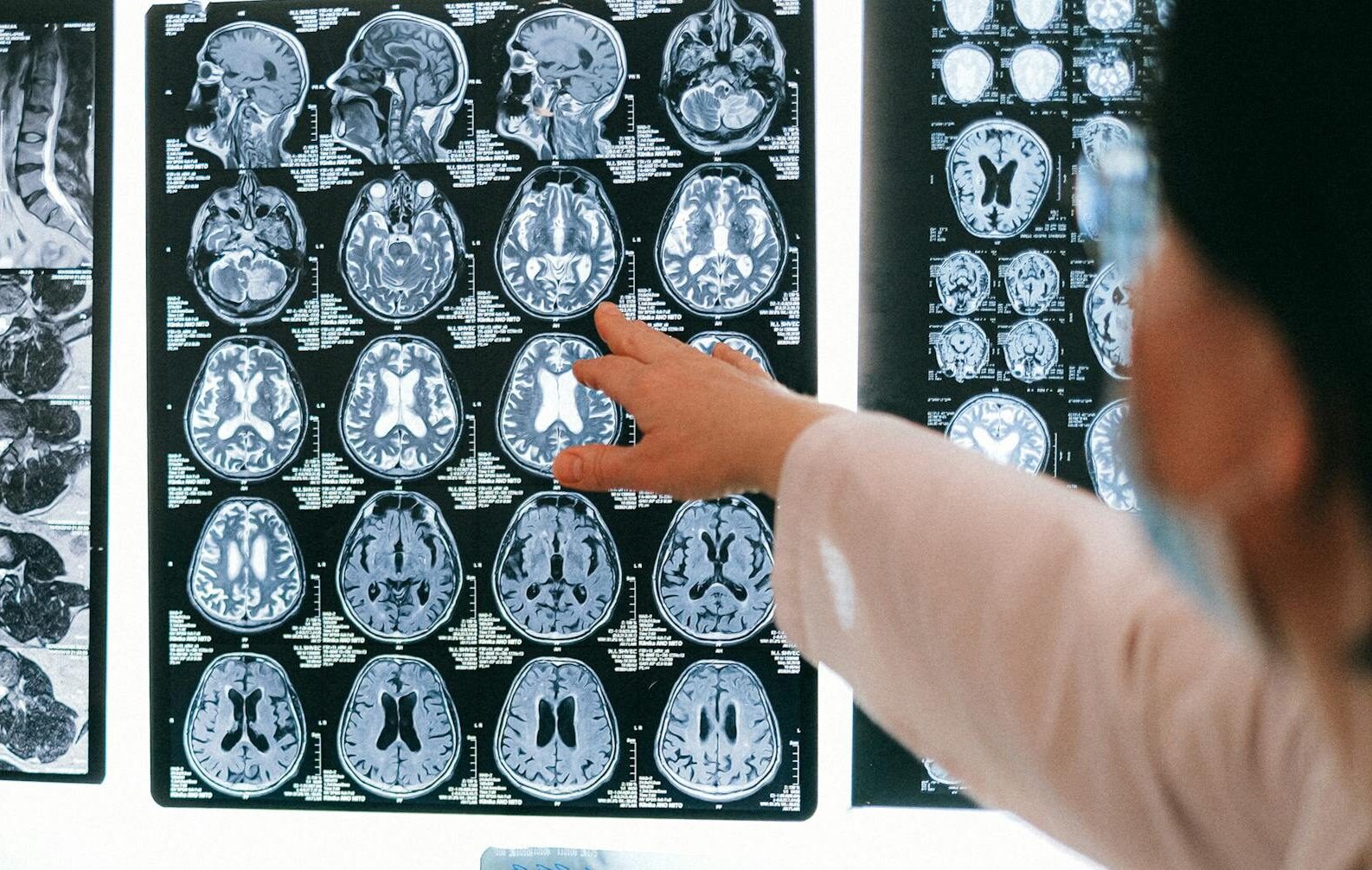What is Epilepsy?
Epilepsy is a neurological disorder characterized by recurrent seizures caused by sudden, uncontrolled electrical disturbances in the brain. At the WMCHealth Transition Clinic for Pediatric to Adult Epilepsy Care, we understand that transitioning from pediatric to adult epilepsy care can be challenging for young adults. We offer specialized care to help patients aged 17 and older navigate this transition smoothly and successfully.

Types of Epilepsy that Affect Adolescents and Adults
Epilepsy encompasses a wide range of seizure disorders, each with distinct characteristics. Some common types include:
Focal Onset Seizures
These seizures originate in a specific area of the brain, and symptoms will depend on the location of the seizure’s origin. For instance, if the seizure arises in the motor cortex, the person may experience jerking movements. If the seizure originates in the temporal lobe, the person may experience hallucinations or emotional changes.
Generalized Onset Seizures
These seizures involve both sides of the brain. They can cause a wide range of symptoms, including loss of consciousness, muscle stiffness and jerking movements throughout the body. Common types of generalized onset seizures include tonic-clonic seizures (formerly known as grand mal seizures) and absence seizures (signaled by brief staring spells).
Unknown Onset Seizures
In some cases, the origin of a seizure cannot be determined, either because the onset was not witnessed or because diagnostic tests were inconclusive. These seizures are categorized as unknown until more information becomes available.

Symptoms of Epilepsy in Adolescents and Adults
Epilepsy symptoms can vary depending on the type and individual, but common signs include:
- Uncontrollable jerking movements
- Loss of consciousness
- Temporary confusion
- Staring spells
- Unusual sensations (e.g., tingling, numbness)
- Changes in taste or smell
Diagnosis of Epilepsy at the WMCHealth Transition Clinic
Accurate diagnosis is the foundation of effective epilepsy care. At our Transition Clinic, we take a comprehensive and individualized approach to assess your epilepsy.
- Rigorous Review of Medical History: We meticulously review your medical records, including previous tests, imaging results and treatment history to gain a complete understanding of your epilepsy experience.
- Comprehensive Neurological Exam: Our team will conduct a thorough neurological examination to assess your current condition and identify any potential underlying causes for your seizures.
- Additional Testing: If your last imaging or EEG recording was some time ago, we may recommend repeating these tests to ensure the most up-to-date and accurate information for diagnosis and treatment planning.
We understand that each patient’s experience with epilepsy is different. By carefully evaluating your individual case, we can personalize a diagnosis and treatment plan that best suits your specific needs and goals.
Treatment at the WMCHealth Transition Clinic for Pediatric to Adult Epilepsy Care
Anti-Seizure Medications
Medication can control seizures by altering brain activity. We’ll work with you to find the most effective medication and dosage to manage your seizures.
Other Treatment Options
If medications alone aren’t sufficient, we may explore other options including:
- Surgery (for certain cases)
- Vagus Nerve Stimulation (VNS)
- Dietary therapies (e.g., ketogenic diet)
Why Choose the WMCHealth Transition Clinic
When it’s time to transition your epilepsy care from pediatric to adult specialists, trust WMCHealth’s expertise and commitment.
We collaborate closely with your pediatric care team to ensure continuity and address any gaps in your medical history. Our approach considers your overall health, including coexisting conditions, and offers guidance on topics relevant to young adults. At WMCHealth, we’re here to support you every step of the way.





















